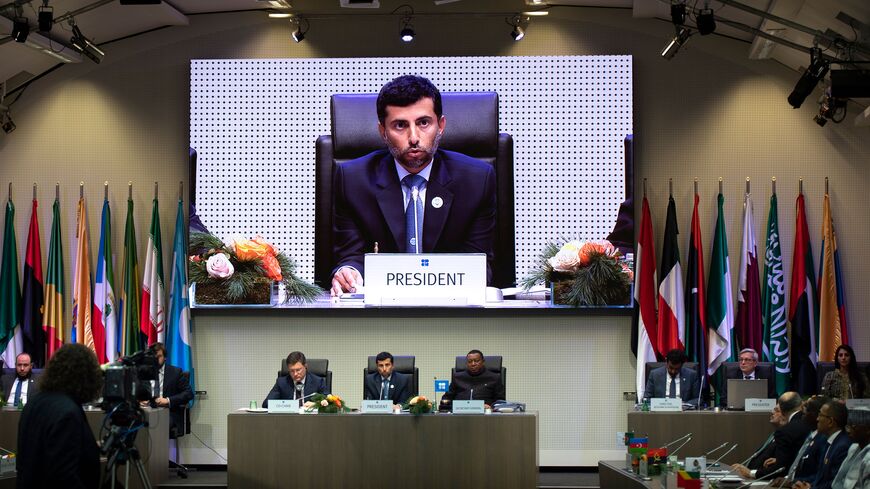DUBAI — The United Arab Emirates joined the India-led Global Biofuel Alliance on Wednesday, as the Gulf country prepares to host the COP28 United Nations climate summit in November.
Suhail bin Mohammed Al Mazrouei, the UAE minister of energy and infrastructure, shared the official announcement via his Twitter account.
“The UAE has joined the Global Biofuels Alliance, founded by India, the UK, and the USA with the aim of developing and promoting the use of sustainable and advanced biofuels,” he wrote on Twitter Wednesday.
HE Suhail Al Mazrouei Announces the UAE’s joining the Global Biofuels Alliance
— سهيل المزروعي (@HESuhail) July 26, 2023
HE Suhail bin Mohammed Al Mazrouei, Minister of Energy and Infrastructure, announced that the UAE has joined the Global Biofuels Alliance, founded by India, the UK, and the USA with the aim of… pic.twitter.com/QnGuw8xxrV
By joining the alliance first established in February, the UAE becomes the first Middle Eastern and Gulf country to enter the group. The alliance is focused on fostering cooperation and intensifying the use of sustainable fossil fuels, especially in the transportation sector, according to India’s government Press Information Bureau. Brazil, the United States, the UK and India — the leading biofuel producers and consumers — are members of the alliance.
Mazrouei’s statement Wednesday highlighted that the UAE is a willing participant and has been investing heavily in biofuels as part of its mission to diversify its energy sources and reduce its carbon footprint.
In April, Brazil and the UAE signed a series of deals to combat climate change and advance biofuel production. One agreement included the UAE-controlled Mataripe refinery in northeastern Brazil, managed by Mubadala Capital’s Acelen, to invest $2.5 billion in a biodiesel project.
The United States and the UAE signed a $100 billion investment agreement in clean energy last November, with the goal of developing 100 gigawatts of clean energy globally by 2035, reported S&P Global at the time.
Mazrouei's announcement follows his attendance at the two-day intergovernmental Group of 20 (G20) 4th Energy Transitions Ministerial Meeting that concluded Saturday in Goa. More than 115 delegates representing G20 country members attended the high-level gathering along with nine invitee countries, according to the agency’s website.
Also attending the event was the International Energy Agency (IEA), which said biofuels — liquid fuels produced from renewable biological energy sources over a short period of time — made up only 4% of total energy transport supply in 2022, according to its new report, “Biofuel Policy in Brazil, India and the United States: Insights for the Global Biofuel Alliance.” It added that 80% of biofuel production occurs in only a few countries.
In order to be on track for reaching the net zero emissions goal by 2050 set by the UN Paris Agreement, sustainable biofuel production would need to triple by 2030, estimated the IEA.
The world needs to invest $4 trillion in renewable energy investments by the end of the decade to meet the worldwide net zero by 2050 target, and the UAE and Saudi Arabia are competing to lead the global ranking in green energy usage and projects, as reported in an Al-Monitor Pro memo by Afshin Molavi, a senior fellow at Johns Hopkins School of Advanced International Studies.


f0eb.jpg)





